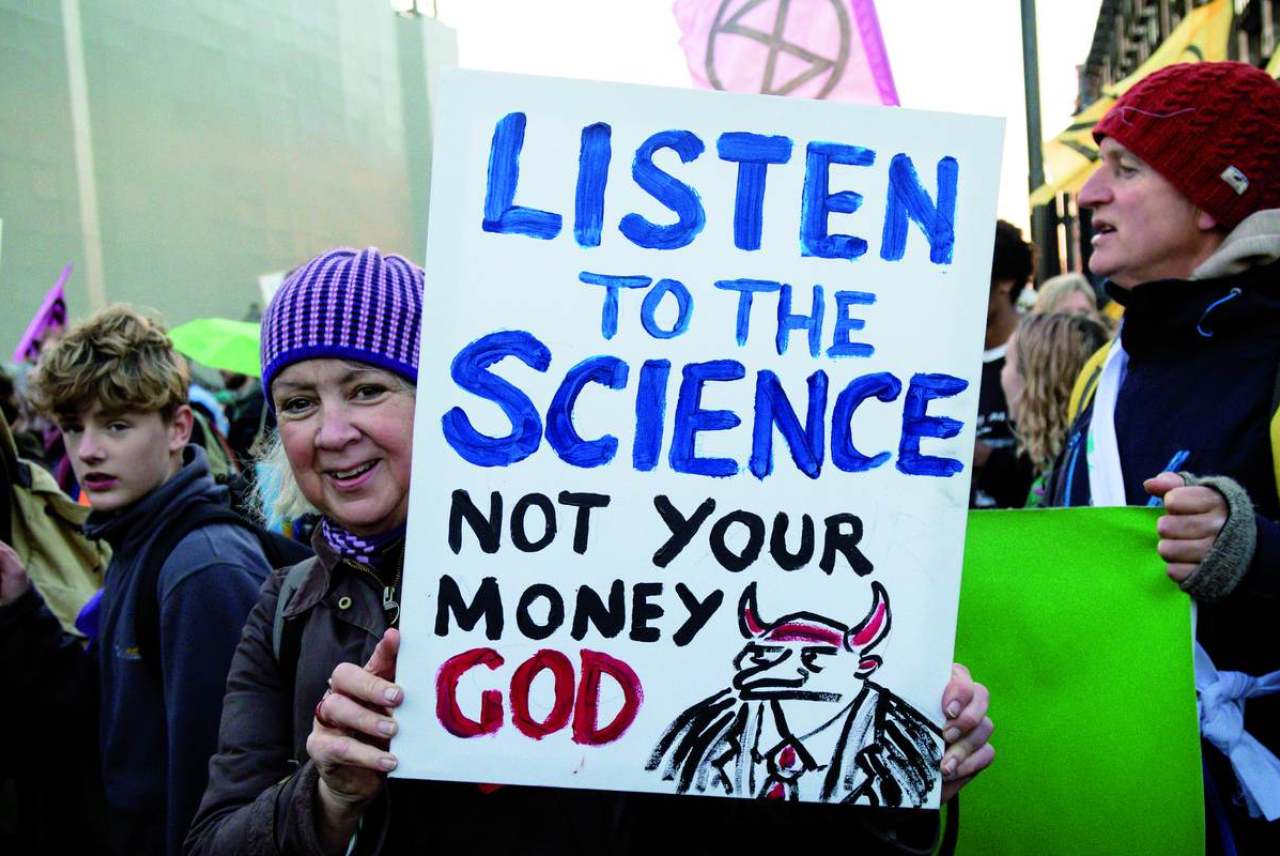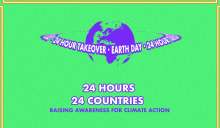Hilary Solly is feeling frazzled about the state of the planet. “It’s worse at night when I wake up worrying about all the things that are going wrong in the world,” says Hilary, a university researcher, adding, “I just don’t understand why everybody isn’t panicking about the climate change crisis.”
Hilary isn’t alone in feeling overwhelmed and powerless in the face of the escalating climate and environmental calamity.
Here’s just one anguished Twitter user, @nfgardens, who posted this heartfelt plea recently:
“Does anyone else feel almost constantly on the edge of a breakdown regarding the ongoing catastrophe for our wildlife? I don’t know if I can bear it.”
More and more people are now opening up and admitting that they’re struggling with the relentless wave of negative environmental news with the result that a new term has been coined to describe their condition of helplessness and stress: eco-anxiety.
Whilst the term isn’t yet recognised as a clinical condition, there’s no denying that, for increasing numbers of people, the ongoing environmental crisis is directly affecting their mental health.
“If you care deeply about the future of the planet, then you are going to worry about it, so it’s very natural that people feel anxious about it,” believes cyclist, author and environmentalist Anna Hughes.
So, if you’re feeling ground down by the climate crisis how can you best manage it?
The first thing to think about is that it’s important not to spend too much time reading about the latest round of bad environmental news.
“Try setting a time-limit when you go online so you’re not reading about it all the time,” advises the psychologist and therapist Professor Stephen Palmer.
Professor Palmer also points out that many people who have anxiety suffer from a feeling of something being outside their control:
“The key thing is that if you’re feeling anxious about the climate crisis then get active and do something about it whether it just be talking to your family or joining an environmental group, it’s about being constructive.”
Finally, Professor Palmer warns against falling into the trap of depressing yourself about the state of the world: “Depressed people are normally not motivated to being active so it’s crucial not to ‘awfulise’ the situation by recognising that things are bad right now but it’s not quite yet the end of the world,” says Professor Palmer.
“It’s very important that people become more resilient by avoiding de-motivating thoughts so they can stay focused on the task in hand which is persuading the government and big business to tackle climate change,” adds Professor Palmer.
However, when it comes to taking action against climate change, we all now know what to do, the EC website alone lists 60 different actions to take.
But what difference can one individual realistically make? And given that it’s big business and governments who got us into this mess, shouldn’t it be them who sorts it out?
“Politicians normally act when they see people acting and it’s a false dichotomy to say it’s either individual and community or government action,” says Craig Bennett, the CEO of Friends of the Earth speaking on Radio 4’s You and Yours recently.
“What’s really exciting is when governments see individuals and communities acting and leading by example, often this is what finally bounces governments into action on the big measures that are needed.”
Bennett, however, rejects the idea that we should all either be doing as much as possible or nothing at all:
“It’s not all or nothing in this whole debate about individual action. Too often it’s framed that you have to be a hero or zero and I don’t think that’s a helpful debate. We can’t bring about the change we need just by individual action alone.”
And what about Hilary Solly, how is she going to manage her eco-anxiety?
“I’ve decided that I’m going to help set up an Extinction Rebellion group locally,” says Hilary emphatically, “the only solution is direct action!”





